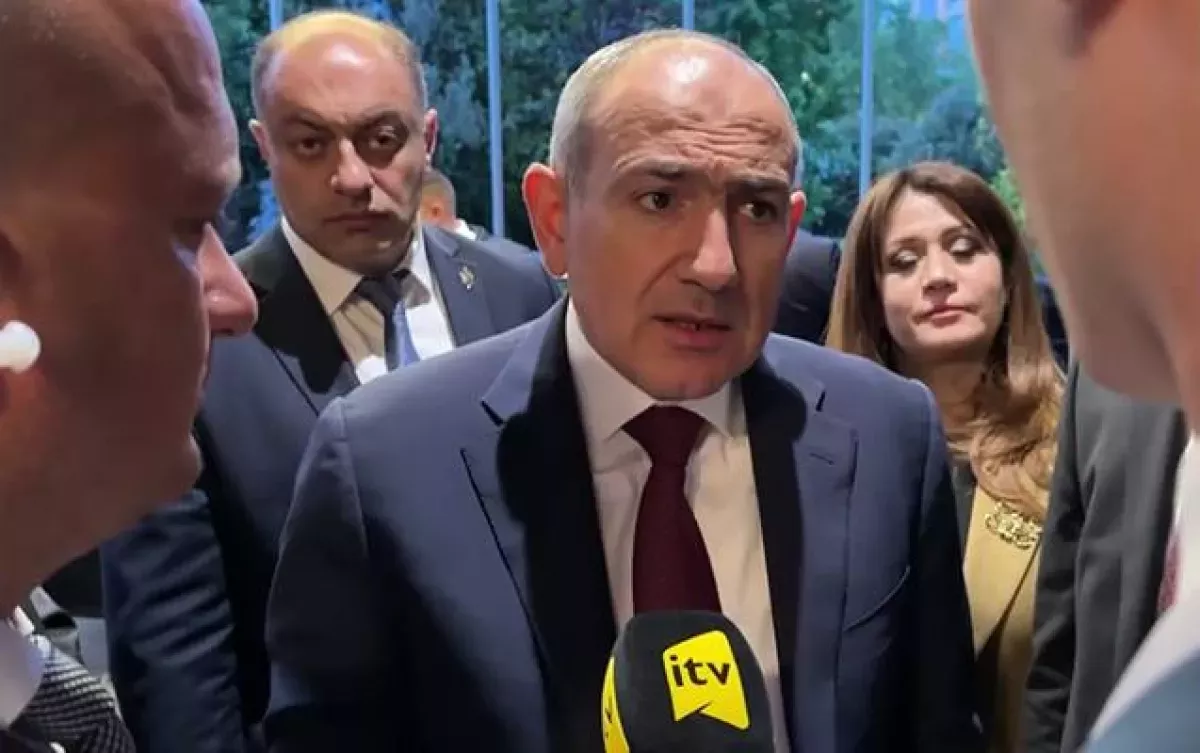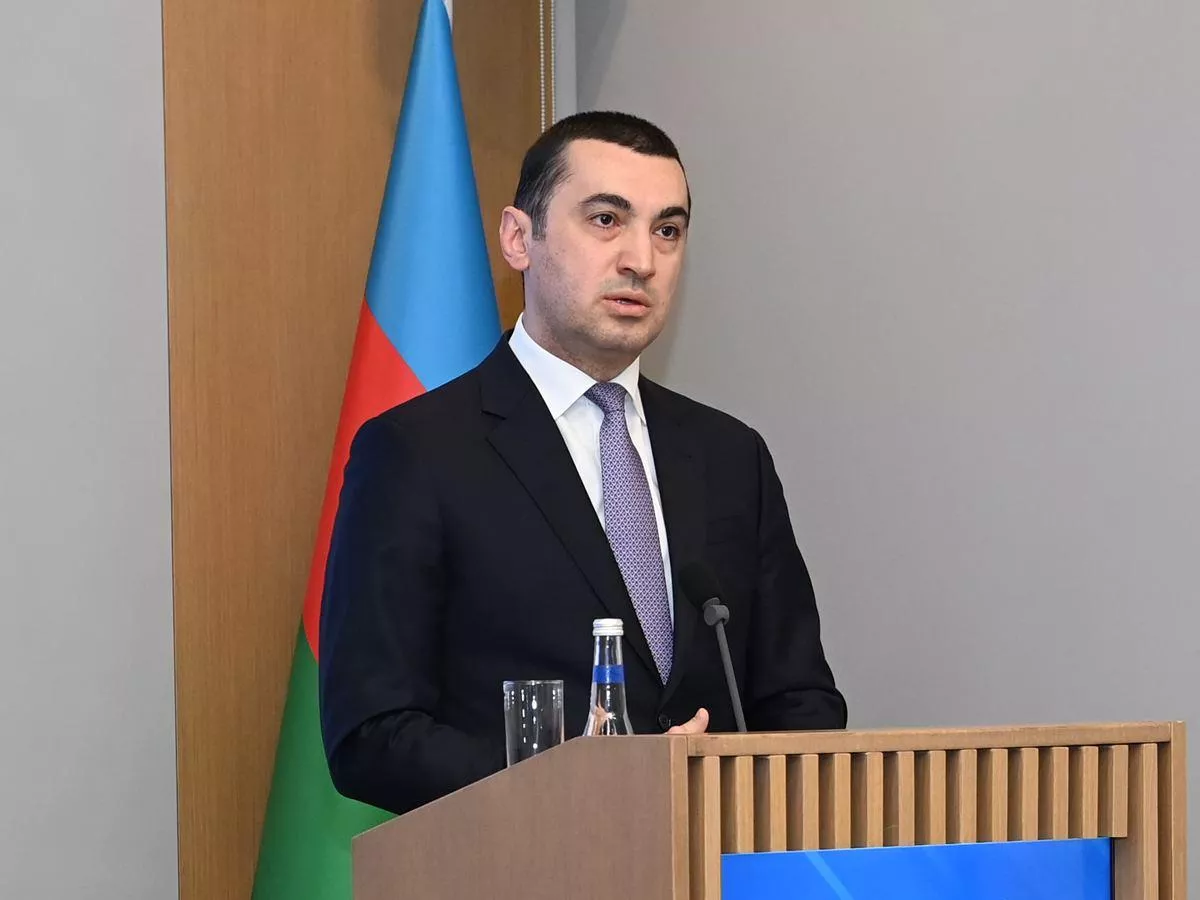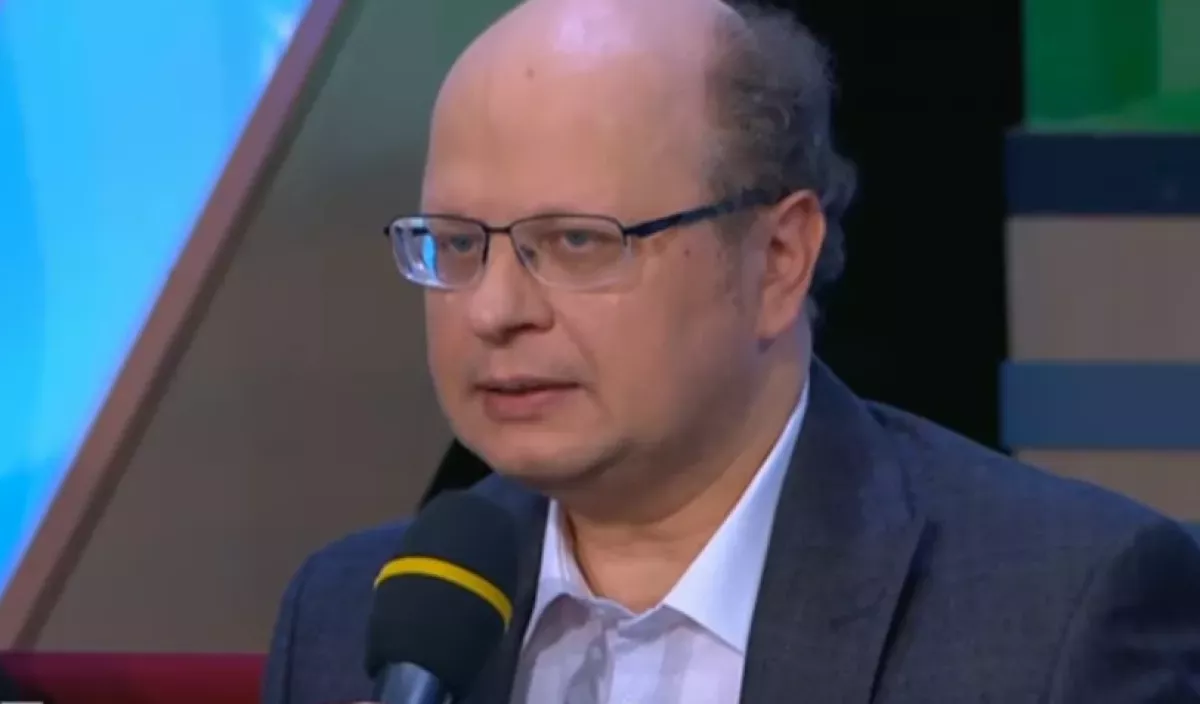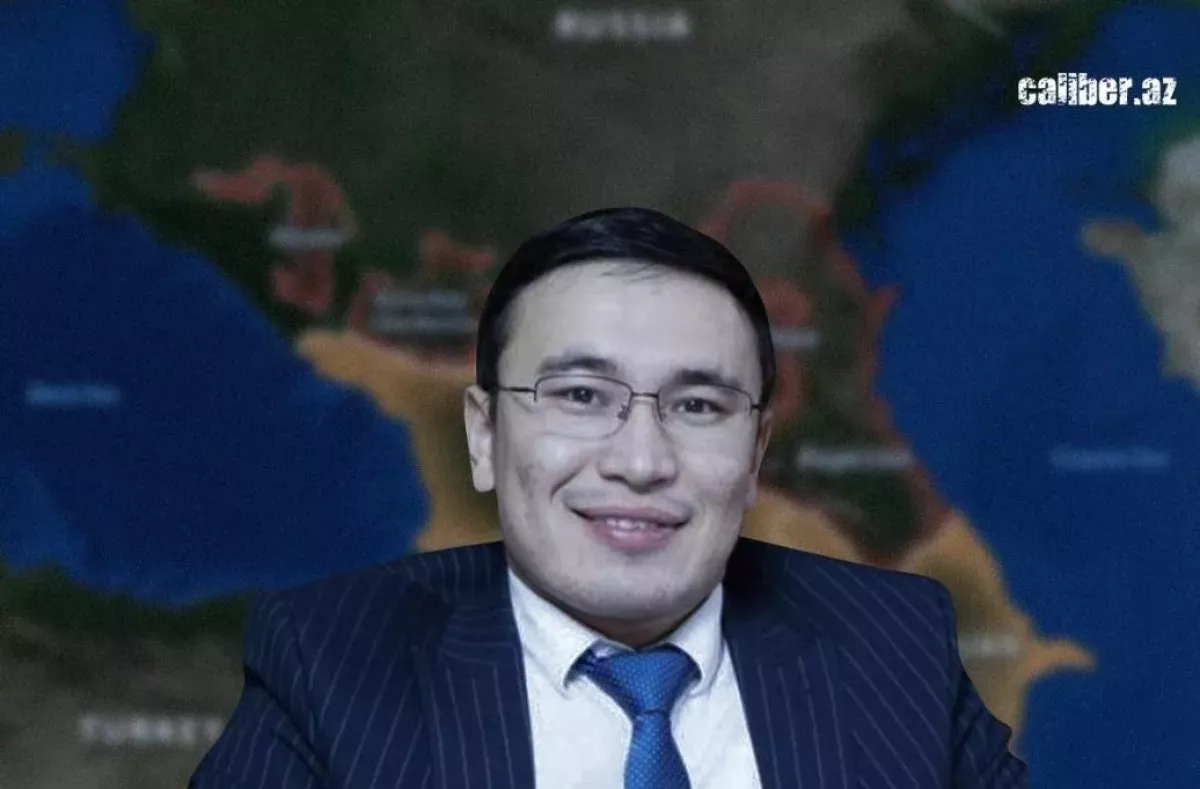"No real will for peace": Pashinyan clings to territorial illusions Echoes of Tirana Interview
On May 15 in Tirana, Albania, ahead of the 6th European Political Community Summit, Armenian Prime Minister Nikol Pashinyan gave an interview to Azerbaijani Public Television, during which he once again made a series of provocative statements. His comments addressed the territorial claims embedded in Armenia’s Constitution and the role of the OSCE Minsk Group.

The Azerbaijani Foreign Ministry promptly responded to Pashinyan’s latest verbal tirade, pointing out clear contradictions in his statements. As Foreign Ministry spokesperson Aykhan Hajizada noted, for the Armenian side, expressions of support for territorial integrity in international agreements hold no real value — and this is an undeniable fact.

“To verify this, it is worth recalling Armenia’s accession to the Alma-Ata Declaration and how blatantly it violated that agreement. It is well known that there are still legislative acts in force that oppose the recognition of Karabakh as part of Azerbaijan,” Aykhan Hajizada noted.
How have these remarks been received internationally, and what impression did the Armenian prime minister’s comments leave? A Caliber.Az correspondent reached out to foreign experts for their take on Pashinyan’s latest claims.

German expert Evgeny Kudryats believes that in the May 15 interview given by Armenian Prime Minister Nikol Pashinyan to Azerbaijani Public Television in Albania, the Azerbaijani Foreign Ministry rightly identified the core issue — Pashinyan once again attempted to mislead the international community.
“The discussion focused on territorial claims enshrined in Armenia’s Constitution, as well as the fate of the Minsk Group,” Kudryats said. “Yet once again, Prime Minister Pashinyan avoided making any concrete statements.”
Pashinyan referred to a provision in Armenia’s Constitution that allegedly affirms the primacy of international agreements. He cited Article 5, which, according to him, states that Armenia’s ratified international obligations take precedence.
However, this claim is misleading. The article in question does not provide grounds to suggest that Armenia is prepared to abandon constitutional provisions—particularly those referencing Azerbaijan’s Karabakh region—which directly contradict the principle of Azerbaijan’s territorial integrity.

As for the Minsk Group, Evgeny Kudryats continued, Armenia’s attempts to ignore or oppose its official dissolution also contradict current political realities and Azerbaijan’s position. We see that Prime Minister Pashinyan consistently avoids giving direct answers to straightforward questions, showing evasiveness on key aspects of the peace process.
Moreover, as I have emphasised repeatedly, all references to Karabakh must be removed from Armenia’s Constitution. This is critically important for achieving a genuine and lasting peace between the two countries. So far, however, we have seen no real determination from the Armenian leadership. Despite statements about a possible referendum on constitutional amendments next year, no timeline or draft changes have been presented.”
All these points show a lack of genuine willingness on Nikol Pashinyan’s part to accelerate the conclusion of a peace agreement. It is clear that Azerbaijan is ready for a fair and lasting peace — but such statements and actions from Armenia do nothing to support that goal,” Kudryats concluded.

Kazakh political analyst Azat Akhmetov notes that much of Yerevan’s behaviour strongly suggests Armenia is aiming for military revanche. According to him, the so-called peace initiatives are merely a decorative wrapper — a candy coating meant to conceal a rather bitter pill underneath.
Pashinyan’s recent statements clearly show his unwillingness to amend Armenia’s Constitution, Akhmetov said. “In his interview with the Azerbaijani journalist, he didn’t even try to hide it — the arguments he made were the same old talking points, painfully familiar. Once again, we hear him speaking about some supposed superior legal authority that international agreements allegedly hold over domestic constitutional provisions.
But the reality is that Armenia itself does not follow this approach in its own policies, Akhmetov continued. “A basic example — why didn’t Armenia implement the four UN Security Council resolutions calling for the withdrawal from Azerbaijan’s occupied territories in Karabakh? Why did Yerevan stall for over 30 years and pretend those resolutions had nothing to do with it?”
The key point, he concluded, is that Armenia continues to actively arm itself — so where is the guarantee that tomorrow it won’t start a new war, walking away from all its commitments and declarations once again?








